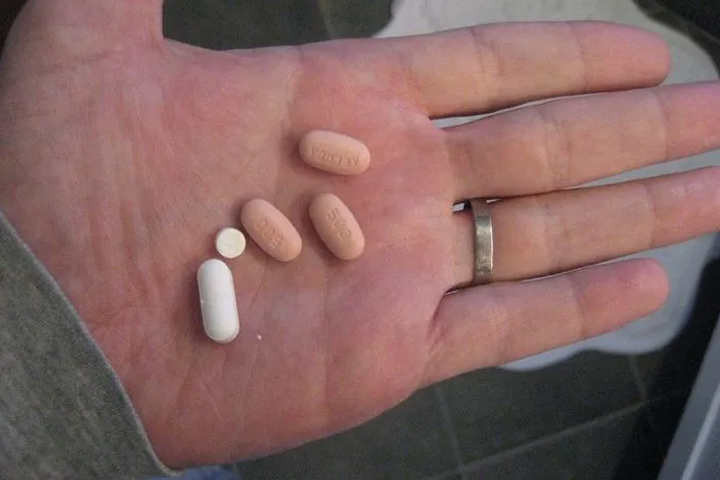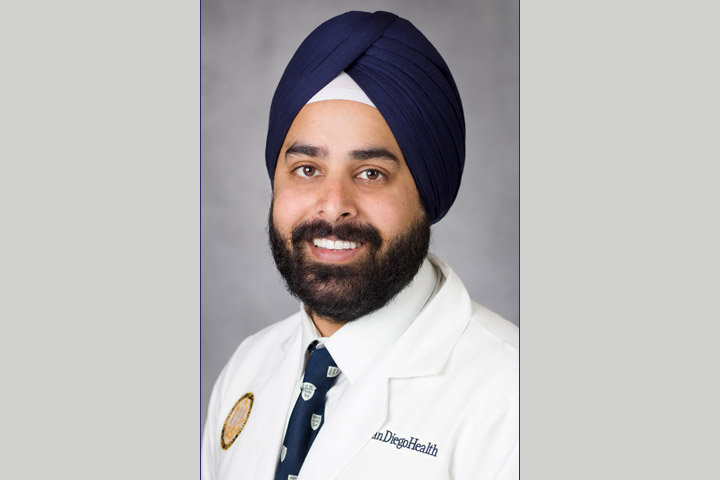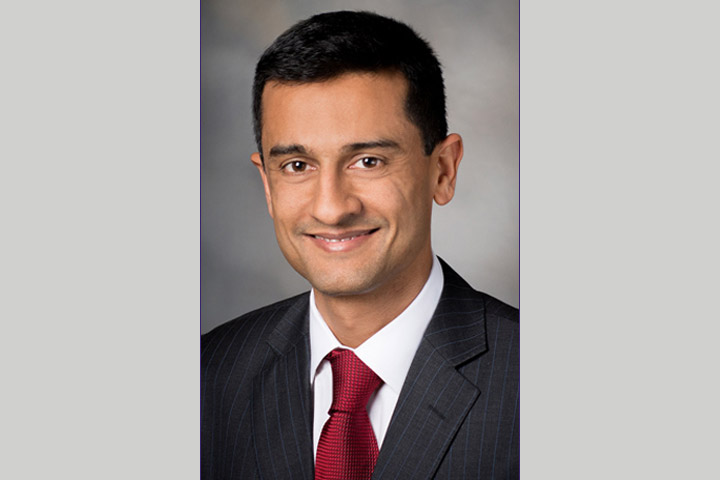Important Questions When Starting Pancreatic Cancer Treatment

When you receive a pancreatic cancer diagnosis, you may feel like a stranger in a new land.
Everyone is talking in a language you don’t understand. Yet somehow, you need to become fluent enough to navigate the new terrain. Your best bet: ask questions . . . then listen.
“At a very high level, whether you’re undergoing chemotherapy or radiation, the questions are largely the same,” explains Gauri Varadhachary, M.D., professor of Gastrointestinal Medical Oncology at MD Anderson Cancer Center, Houston, Texas. “You always want to know the risk-to-benefit ratio.”
Five Critical Questions
No matter which therapy you undergo, understanding your diagnosis, treatment plan, and expectations for recovery is key to maintaining your health and well-being. Here are five critical questions to ask your health care team before you begin radiation, chemotherapy, or surgery:
1. What is the goal of your treatment?
Doctors rarely use the word “cure” and “pancreatic cancer” in the same sentence. Instead, they use terms like remission and five-year survival. So, from the outset, ask what the goal of your treatment is. Sometimes oncologists use radiation or chemotherapy to shrink the tumor so it becomes operable. In other cases, chemotherapy or radiation is the end game—the final step in a treatment plan. “No matter what your protocol, if quality of life is important to you, mention that to your health care team,” says Varadhachary. “We can implement different regimens to address allied symptoms, such as fatigue, depression, weight loss, and other concerns so you have more good days than bad.”
2. What side effects should I expect—both long- and short-term?
It’s important for patients to understand the side effects of treatment so they know what to expect. With radiation, for example, fatigue can continue for one to two weeks after treatment. “Often, patients begin radiation after a few months of chemotherapy, so they’re already tired when they start,” says Dr. Varadhachary. But even if you’re expecting these side effects, don’t be afraid to speak up if you’re not feeling well. “There are many things we can do to help patients complete treatment,” says Dr. Varadhachary.
3. Are there any relevant clinical trials available?
Participating in a clinical trial is the best way to gain access to groundbreaking research-based therapies. But trials often have specific requirements, for stage of disease, prior treatments, and overall health. And the trial may not be at a nearby hospital. Your treatment team can help you with this information.
There are other factors to consider for a clinical trial. Travel and time off work may be required. While the treatment itself will be covered by the trial, hotel stays, parking fees, and food can add up fast. Before starting a trial, ask the trial coordinator if reimbursement is available through the trial. In some cases, they may offer financial aid to patients. No matter what your financial arrangement, make sure authorization has gone through before any therapy starts.
4. How do I know if the treatment is working?
Your treatment team will monitor you in a number of ways:
- Asking how you feel. Despite the side effects from treatment, if your physical symptoms—pain, itching, or nausea, for example—get better, you might experience a renewed sense of health and well-being.
- Labs. Blood tests can uncover markers that suggest an increase or decrease in disease activity. If your numbers are improving, it could be a sign that treatment is working.
- Scans. Computed tomography scans (CTs) are the ideal way to assess the effectiveness of treatment. “If the scan reveals cancer growth, we may change the patient’s treatment protocol,” says Varadhachary.
5. What can I do beyond following my treatment regimen to improve my outcome?
Whether you’re undergoing surgery, chemotherapy, or radiation, there are plenty of lifestyle strategies you can use to improve outcomes. In fact, research suggests “prehabilitation”—conditioning your body prior to undergoing surgery or cancer treatment—could boost your odds of survival. “It seems counterintuitive to exercise when you’re battling cancer, but studies show exercise counteracts fatigue, improves sleep, and reduces anxiety,” Varadhachary explains. A nutritionist or dietitian can help you meet your weight gain goals and suggest foods to accommodate any side effects of treatment.
Other Questions?
Of course, there are myriad other questions you should ask your health care provider, ranging from “Who should I call with questions?” to “How will treatment affect my daily life?” The best way to ensure you have the information you need to make informed decisions is to have regular conversations with your health care team. And always remember this tenet: The only stupid question is the one you don’t ask.
Gauri Varadhachary, M.D., passed away in June 2021. Her skill and compassion is truly missed by colleagues and patients.






